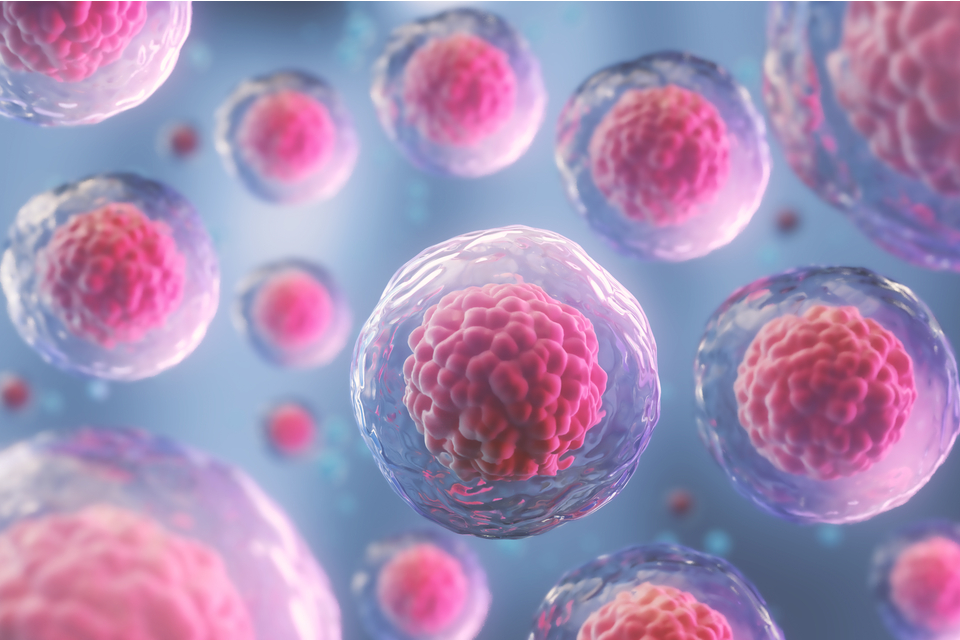In what appears to be another chimeric first, researchers were able to create sheep-human hybrids in a laboratory.
No, this isn’t an episode of the Twilight Zone or the Black Mirror.
For the first time in the history of science, researchers indeed made a new kind of chimera from two different species: a sheep and a human. According to the researchers, the sheep-human hybrids could potentially be used one day in producing human organs for medical purposes.
In medicine, a chimera is regarded as an organism whose body is made up of different, distinct cell populations taken from zygotes of the same or different species. Usually, a chimera is produced by combining embryonic parts of two species.
This is not the first time that such hybrid has been made out of a human embryo and another species. Last year, the same group of researchers made headlines after successfully growing human cells inside “early-stage pig embryos,” creating the first pig-human hybrids.
“Our findings may offer hope for advancing science and medicine by providing an unprecedented ability to study early embryo development and organ formation, as well as a potential new avenue for medical therapies,” Carlos Izpisua Belmonte of Salk Institute in California, said.
“We have shown that a precisely targeted technology can allow an organism from one species to produce a specific organ composed of cells from another species.”
Creating Sheep-Human Hybrids
According to the researchers, the sheep-human hybrids are more than 99 percent sheep, making the human portion of the embryos exceedingly small. However, it’s enough to generate controversy within the scientific community.
“The contribution of human cells so far is very small. It’s nothing like a pig with a human face or human brain,” Hiro Nakauchi, a stem cell biologist from Stanford University and a member of the research team, said in a statement.
Experiments on human-animal embryos are strictly regulated in the United States and other countries including the United Kingdom, Australia, and New Zealand. In at least 12 countries, a 14-day limit is encoded in laws governing assisted reproduction and embryo research.
According to the law, a chimera embryo must be destroyed in its petri dish on the 13th day of its survival. Despite the limitations, researchers are continuously working on developing chimeras for medical studies.
Researchers believe that human-animal experiments like chimeras could one day solve the problem of thousands of people waiting for organ transplant and donation. Most of these people on the donation waiting list allegedly die before body parts can be sourced for them.
“Even today the best matched organs, except if they come from identical twins, don’t last very long because with time the immune system continuously is attacking them,” Pablo Ross, a reproductive biologist from the University of California Davis and another member of the team, was quoted as saying.
The researchers believe that organs grown out of chimeras could produce enough supply to meet the needs of transplant patients. However, it is said that for the transplant to work, at least 1 percent of the embryo’s cell has to be human. This means increasing the human ratio in a chimera mix which could lead to bigger ethical concerns.
To date, chimera mixes, like the sheep-human hybrids, still raise questions about what kind of creatures are being created in the laboratory.
“I have the same concerns,” Ross said. “Let’s say that if our results indicate that the human cells all go to the brain of the animal, then we may never carry this forward.”
While there are no easy answers to this kind of questions, Ross and his colleagues said that the possibilities offered by the chimeras in the future should not be discounted.
“All of these approaches are controversial, and none of them are perfect, but they offer hope to people who are dying on a daily basis,” Ross went on to say. “We need to explore all possible alternatives to provide organs to ailing people.”















Why not let it be born? It would be interesting to study as well